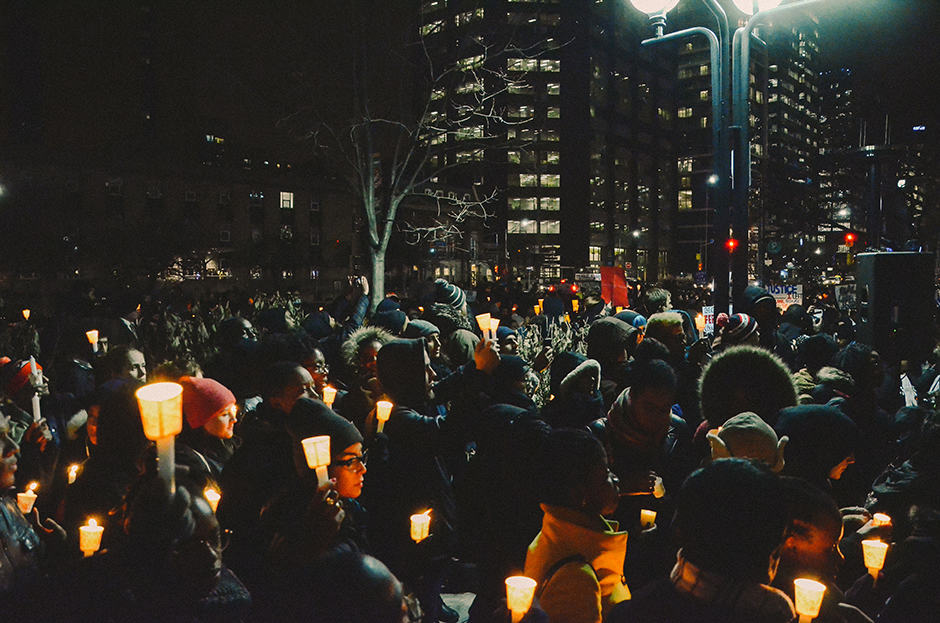During the fall semester of this academic year, University of Toronto students staged public protests against university-specific issues, like fossil fuel endowment divestment, and more general social issues such as police brutality and racial profiling.
Although relatively small in scale and significance, these events fall into a long history of students at the forefront of civil disobedience movements for social change.
The Vietnam War and countercultural protests of the 1960s, Chinese student activism at Tiananmen Square in 1989, and South Korean student protests in the late 1990s are but a few examples of students inspiring historically impactful social justice movements.
In each case, student involvement catalyzed a much larger wave of political empowerment that ultimately shook the foundations of dominant political and economic ways of thinking.
With this historical evidence in mind, I expect that the vigour of youth political activism around the world will play an integral part in determining how effectively humanity resists existential threats to its future, like steadily increasing economic inequality and rapidly degrading environmental conditions.
While it’s true that macro structures, namely corporations and governments, hold disproportionate power to affect or inhibit change, history shows that people in power tend to drag their feet until pressured otherwise.
Hard measures like civil rights legislation, Apartheid-era economic sanctions against South Africa, and constitutional amendments allowing women’s suffrage, to name a few, all came about after years of impertinent protest or civil disobedience. Although student protests are highly unlikely to quickly result in policy changes on the part of U of T’s Board of Trustees or the Toronto police, they may have a greater effect on policy makers than is apparent at first glance.
Public protest is meaningful in terms of less tangible cultural effects, and thus worth it, regardless of external reward. Humans tend towards inertia. Even if you are committed in principle to a particular cause, it’s possible that, like me, you’ve never done anything about it.
Ultimately it is easier, and safer, to sit around and feel feelings than it is to get out of your comfort zone and cause a social disturbance. Public protests shake casual bystanders’ assumptions about what is normal or acceptable behavior of citizens in a community, and implicitly challenge like-minded but silent bystanders to consider whether they have the courage of their convictions.
Furthermore, public protests may inspire more politically dormant students to consider issues larger than their own grades, resumes, and future job prospects. They foster solidarity between people daunted by their marginal individual power relative to the immense problems they seek to address.
None of this is to say that protest movements are without flaws or inherently undeserving of critique. As Occupy Wall Street and even the anti-war movement of the 1960s show, protest movements can become violent, self-righteous, rhetorically ignorant, or some combination of the three.
Critiquing naïve or problematic complaints about the system is an important intellectual endeavour — and, to be honest, my own modus operandi over the years. But I don’t think it’s a substitute for getting yourself out of the ivory tower’s chairs and into loud, disruptive, public activity.
Lee Eames is a fourth-year student at Woodsworth College studying contemporary Asian studies and Buddhism and psychology.


